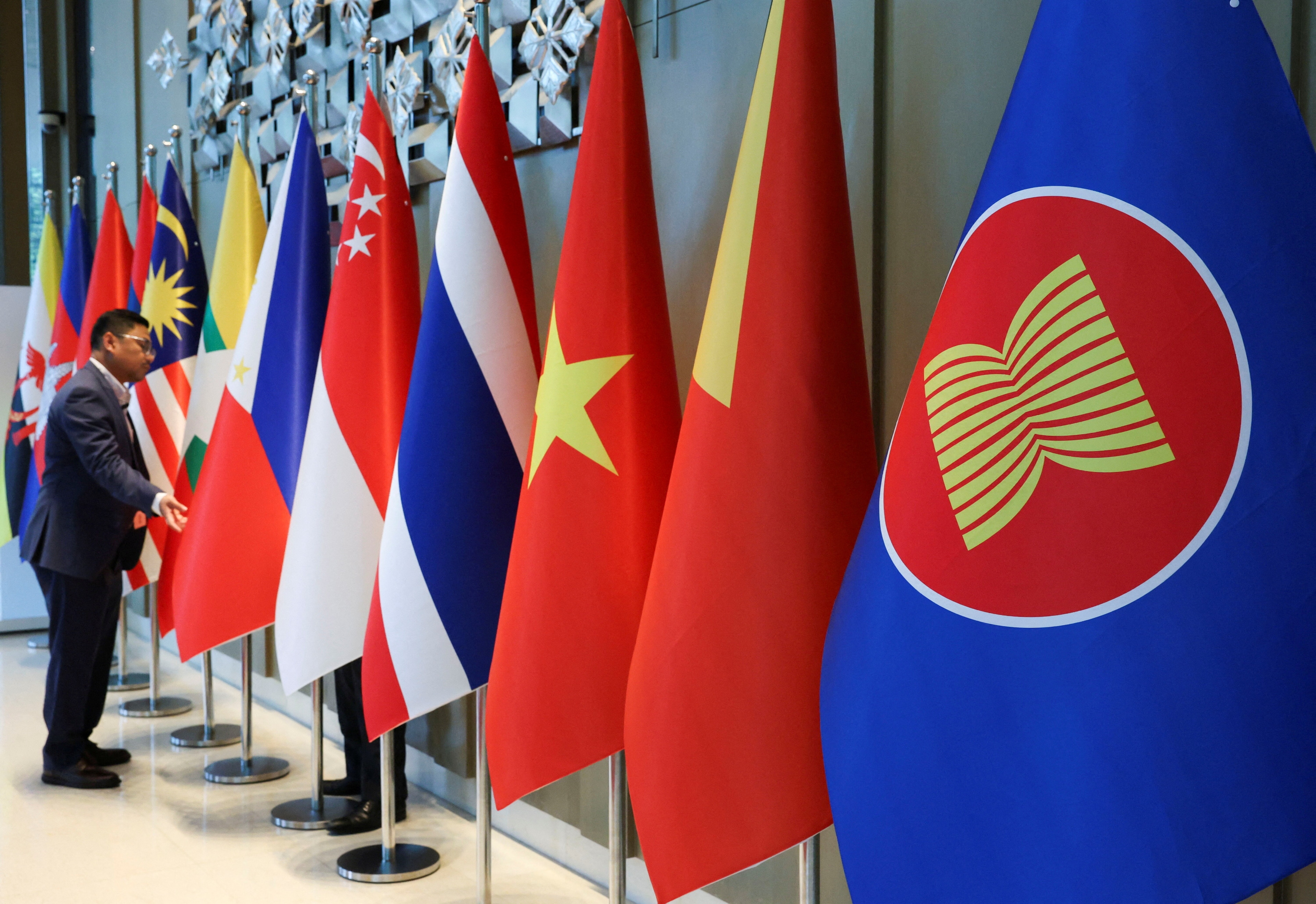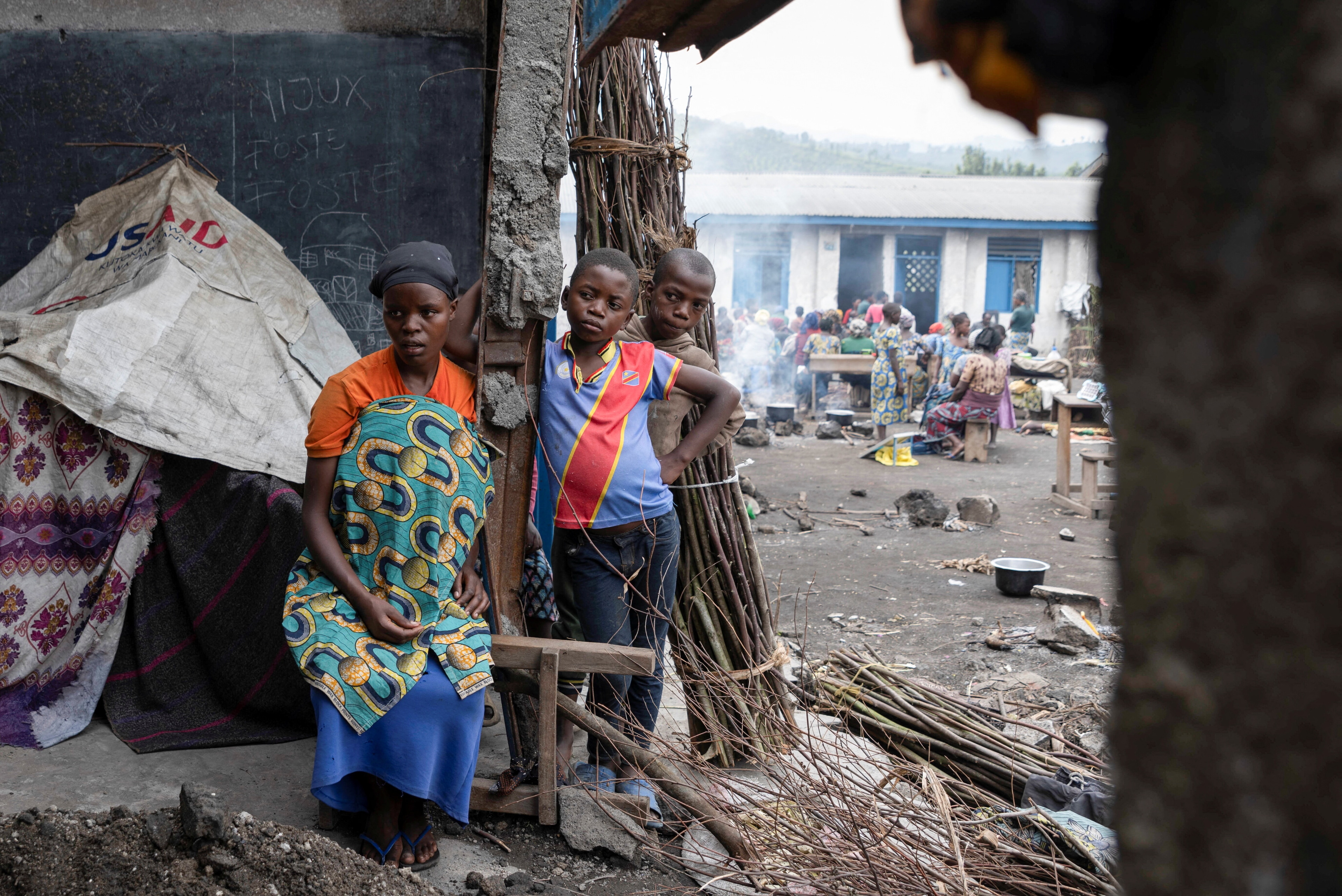Why rich countries are seeing more poverty

Poverty has increased since the financial crisis
Image: REUTERS/Darren Staples
Stay up to date:
The Digital Economy
Poverty isn’t just an issue for developing nations, with almost one child in every seven across the OECD living on extremely low income and the share rising in many countries.
While child deprivation isn’t new, its intensity has increased since the global financial crisis of the late 2000s, according to the Organisation for Economic Co-operation and Development. Rates rose in almost two-thirds of OECD countries after that period, with the share of children living below the pre-crisis poverty line sharply up in Greece, Italy and Spain.

“In many countries, the depth as well as breadth of poverty has increased in recent years,” the OECD says in its report. “The income of children in low-income families has dropped, with the largest declines for children in families with the smallest incomes.”
November 20 is UNICEF’s World Children’s Day, which aims to highlight the rights of children around the world. The OECD report underscores how children in poor families experience deprivation on many levels, including substandard housing conditions and a lack of educational opportunities. The organisation is calling for a comprehensive strategy to combat poverty.
The OECD says redistributing benefits and helping parents to find stable, full-time employment are key to addressing the issue. If all parents from poor families were in paid employment, the poverty rate for individuals in households with children would fall from 11% to less than 6% on average.
In Greece, unemployment was a key factor. Eighty percent of poor children had a father working for most of the year in 2007, compared to 66% in 2014. Over the same period, the real minimum wage also fell by around 20%.
In another example, the UN’s special rapporteur on extreme poverty and human rights has recently investigated poverty levels in the UK. Despite rising employment levels, economic growth and pockets of wealth, a fifth of Britons remain in poverty.
These themes are echoed in the World Economic Forum’s Inclusive Development Index 2018, which showed income inequality has risen or remained stagnant in 20 of the 29 advanced economies, and poverty has increased in 17.
As part of its World Children’s Day, UNICEF said 5.4 million children died from mostly preventable causes before their fifth birthday and 650 million girls and women are married before they reached 18 years old.
“Children have their rights denied every single day,” the UNICEF website said. “We want to build a world where every child is in school and learning, safe from harm and able to fulfill their potential.”
Don't miss any update on this topic
Create a free account and access your personalized content collection with our latest publications and analyses.
License and Republishing
World Economic Forum articles may be republished in accordance with the Creative Commons Attribution-NonCommercial-NoDerivatives 4.0 International Public License, and in accordance with our Terms of Use.
The views expressed in this article are those of the author alone and not the World Economic Forum.
Related topics:
Forum Stories newsletter
Bringing you weekly curated insights and analysis on the global issues that matter.
More on Global CooperationSee all
Mirek Dušek
July 18, 2025
Juan Caballero and Ana Sampaio
July 18, 2025
Robert Piper
July 17, 2025
Lisa Satolli
July 17, 2025
William Dixon
July 16, 2025
Danny Rimer
July 14, 2025






